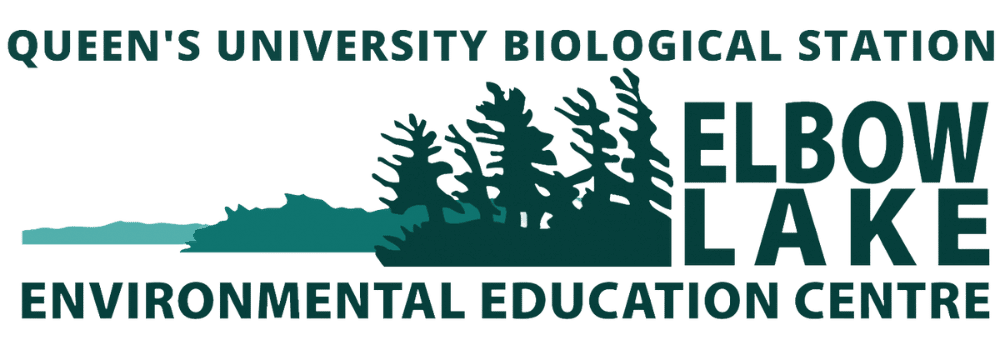An Indigenous community member should be invited into the learning environment to help facilitate this Learning Activity. Non-Indigenous teachers should not encourage their students to gift asemaa (tobacco) or engage in the Honorable Harvest without support from the Indigenous community.
Instructions:
- If at Elbow Lake, to learn more about many gifts of the land, students can spend time walking the accessible trail and interacting with the interpretive signs and App stations.
- When students meet back, facilitator can lead a talking circle in which students share some new learnings that surprised them. Instructions regarding how to lead a talking circle in a good way can be found in the Teacher’s Guide. Digital copies of the signs can be found in Interpretive Signs.pdf.
- Teachers can read and then discuss the article “The Honorable Harvest: Lessons from an Indigenous Tradition of Giving Thanks” by Robin Kimmerer (found in Honorable Harvest.pdf) with their students and/or watch the following video clip- The Honorable Harvest by Robin Kimmerer, Ph.D: https://www.youtube.com/watch?v=ZDAPis_GA_s
- Students can also watch video clips embedded in the ten-minute video accompanying this Learning Bundle of Anishinaabe educator Joe Pitawanakwat and Métis and Ojibwe Knowledge Keeper Deb St. Amant discussing the Honorable Harvest.
- Students can also review Honorable Harvest (students).pdf focused on the Honorable Harvest and how it is done.
- In discussion, teacher explains how the Honorable Harvest is an example of the concept introduced in Big Idea B that land is first teacher ie: individuals ask permission from the land before taking from it. The Honorable Harvest is also an example of how individuals have responsibilities to the land that require individuals to live in reciprocity. Students can then answer reflection questions focused on the Honorable Harvest found in Honorable Harvest (students).pdf.
- The teacher can then introduce students to local Indigenous tobacco teachings and how they relate to the Honorable Harvest. Students can read through handout Offering Asemaa (Tobacco).pdf.
- Students can also watch the clip embedded in the ten-minute video accompanying the Indigenous Knowledge Bundle of Tayohseron:tye, Nikki Auten who is Kanyen’kehá:ka, (Turtle Clan) from Kenhtéke Tyendinaga, Mohawk Territory, and Métis and Ojibwe Knowledge Keeper Deb St. Amant sharing tobacco teachings.
- With teacher guidance, students can talk through when it is appropriate to gift tobacco, how to gift tobacco in a good way, and the use of tobacco substitutes.
- If the circumstances are appropriate and an Indigenous community member is available to help facilitate, students can engage in a harvesting activity ie: harvesting cattails or dandelion. Facilitator should model the gifting of tobacco to demonstrate reciprocity.



